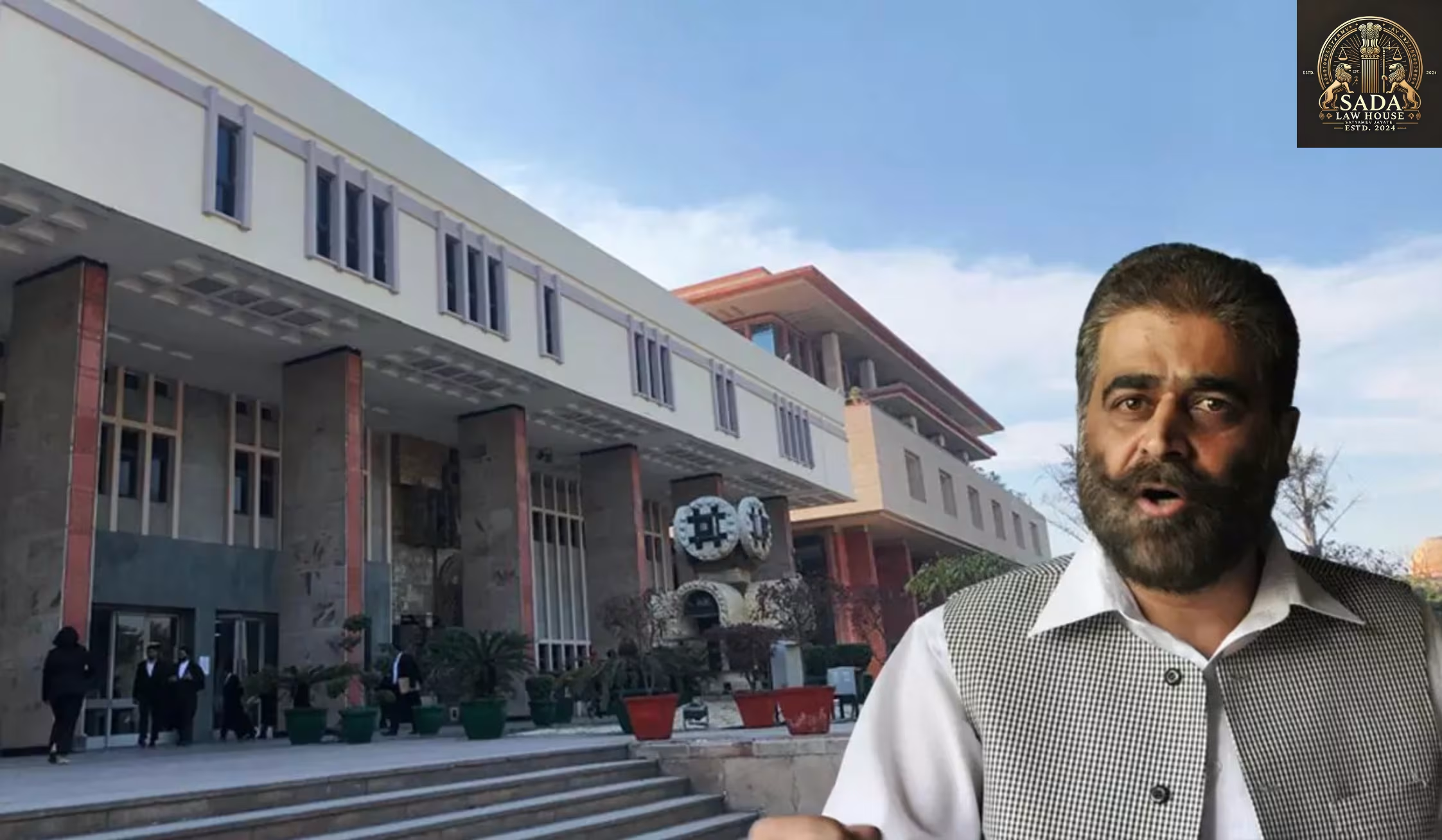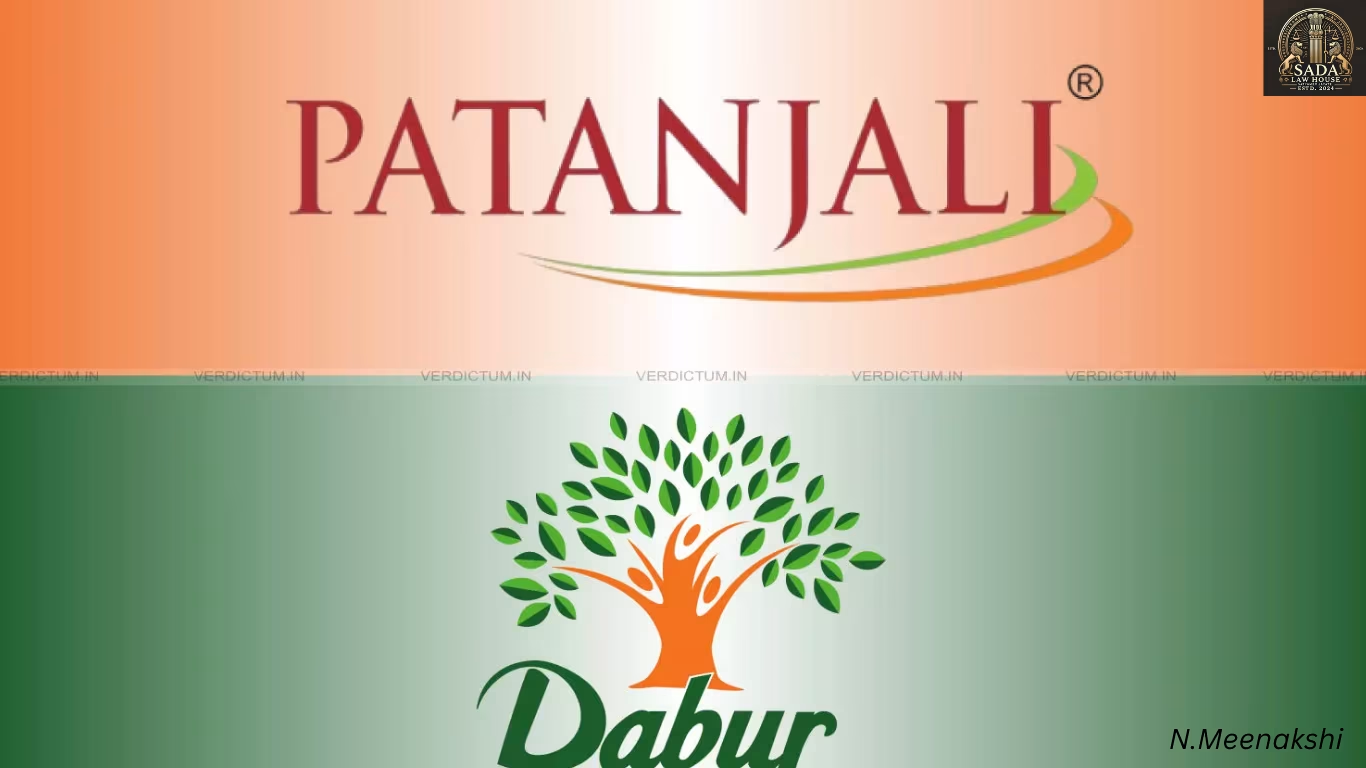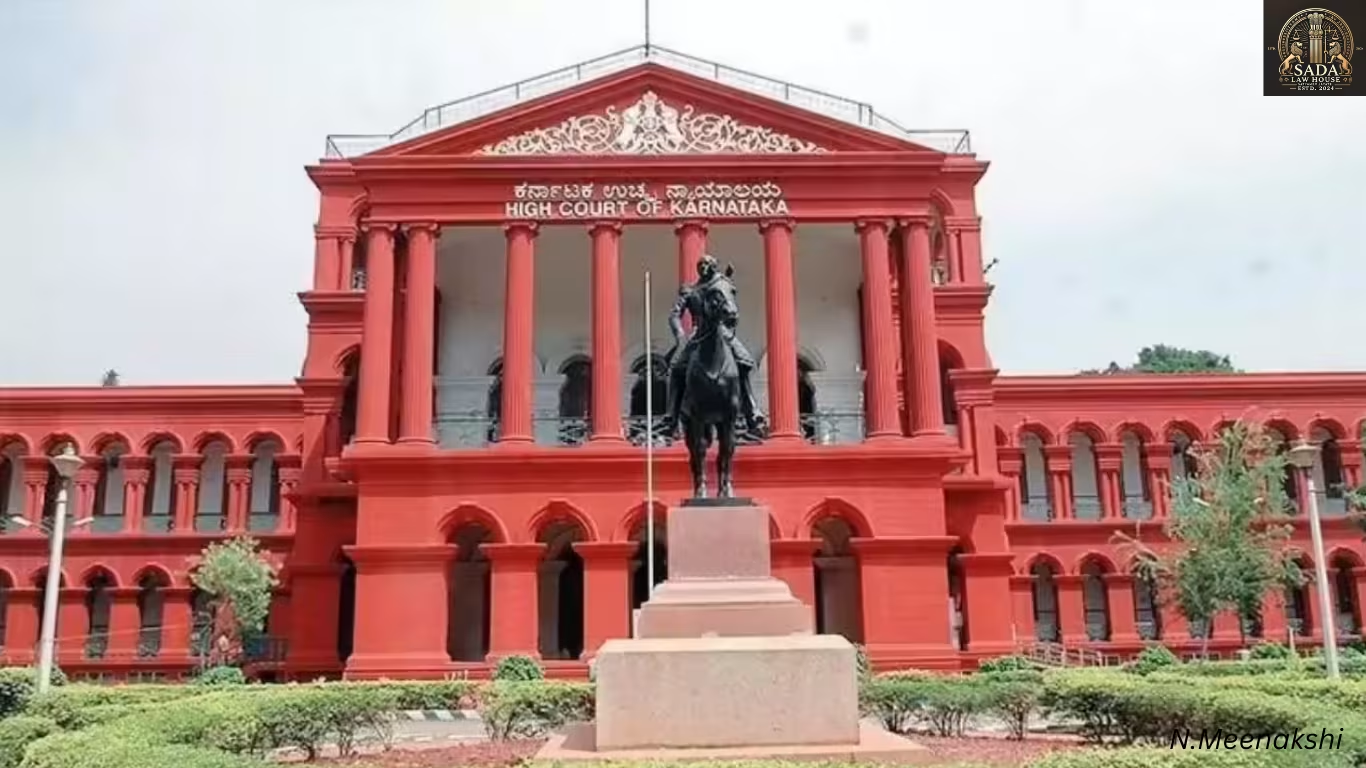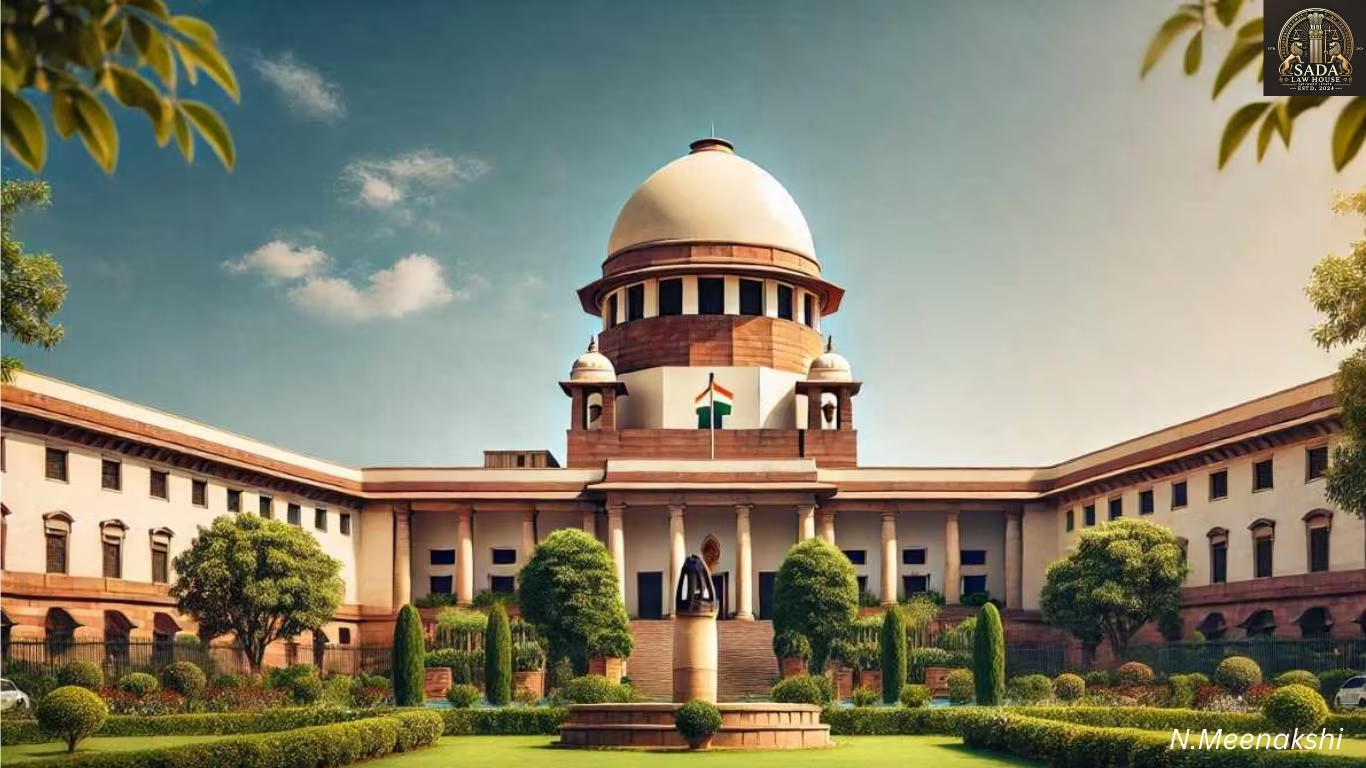Delhi High Court Denies Bail to Kashmiri Separatist Leader Shabir Shah in UAPA Terror Case
- PRABHAT KUMAR BILTORIA
- 15 June 2025

Delhi High Court denies bail to Kashmiri separatist leader Shabir Ahmad Shah in a UAPA case, citing credible charges, national security concerns, and risk of witness tampering.
Delhi High Court Rejects Bail Plea of Kashmiri Separatist Leader Shabir Ahmad Shah in UAPA Case
On June 13, 2025, the Delhi High Court denied bail to Shabir Ahmad Shah, a prominent Kashmiri separatist leader, in a case filed under the Unlawful Activities (Prevention) Act (UAPA). Shah had appealed the ruling of a special court of the National Investigation Agency (NIA), which had previously denied him bail.
Charges Against Shabir Shah Deemed Prima Facie Credible
Justices Navin Chawla and Shalinder Kaur, presiding over the appeal, found that the charges against Shah appeared credible on initial evaluation. The Court emphasized that Shah had failed to fulfill the legal burden required to obtain regular bail.
“There exist reasonable grounds for believing that the allegations against the Appellant seem prima facie credible,” the Court stated.
NIA Accusations: Secessionist Activities and Terror Funding
According to the NIA, Shah and others were involved in a conspiracy to separate Jammu & Kashmir from India. The agency accused them of collaborating with various terrorist groups and banned organizations to conduct secessionist activities in the region.
Shah, the leader of the Jammu Kashmir Democratic Freedom Party (JKDFP), is accused of financing terrorism and inciting violence, including organizing stone-pelting protests.
Co-Accused Include Yasin Malik and Abdul Rashid Sheikh
Alongside Shah, others named in the case include Yasin Malik and Abdul Rashid Sheikh, who also face charges under UAPA and the Indian Penal Code (IPC).
Concerns Over Witness Tampering and Repeat Offenses
The High Court raised concerns that Shah, due to his past involvement in similar cases, might influence or intimidate witnesses. The judges emphasized that his role as the chairman of the JKDFP increased the likelihood of continued engagement in unlawful activities.
“The Appellant might attempt to manipulate evidence or influence witnesses who have yet to be questioned,” the Court remarked.
Freedom of Speech Cannot Justify Incendiary Rhetoric
While acknowledging the constitutional right to freedom of speech, the Court highlighted that this right is subject to reasonable restrictions, especially when used to incite violence or disrupt public order.
“Freedom of speech cannot be misused to deliver inflammatory speeches that threaten national integrity,” the judgment stated.
Multiple FIRs and No Bail Requests in Other Cases
The Court noted that Shah had several FIRs registered against him for serious criminal offenses. However, it remains unclear if he filed bail applications in those cases or the status of such petitions.
House Arrest Plea Also Rejected
In addition to denying bail, the Court also refused Shah’s request for house arrest, citing the severity of the charges and his history of similar offenses.
Live Cases






